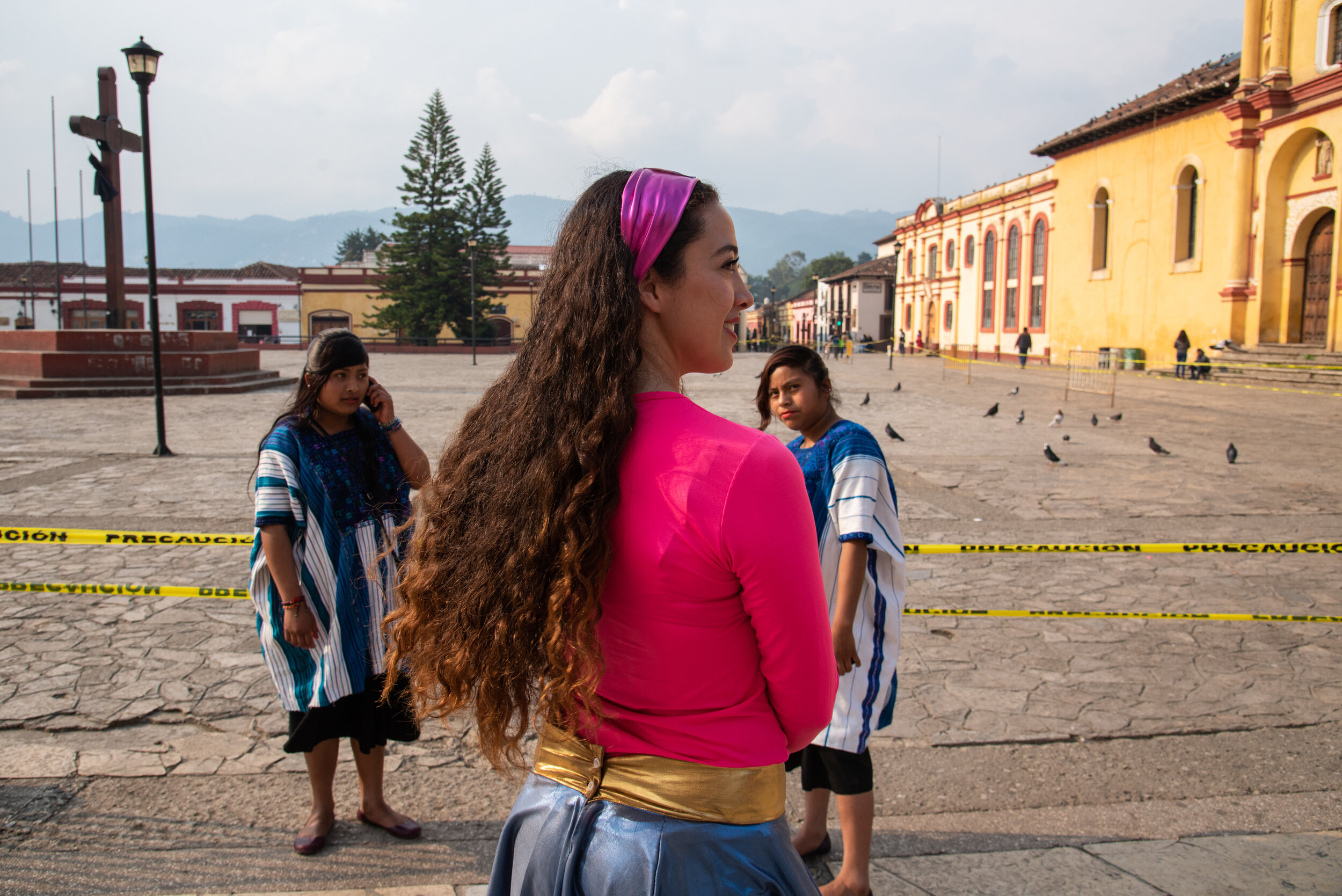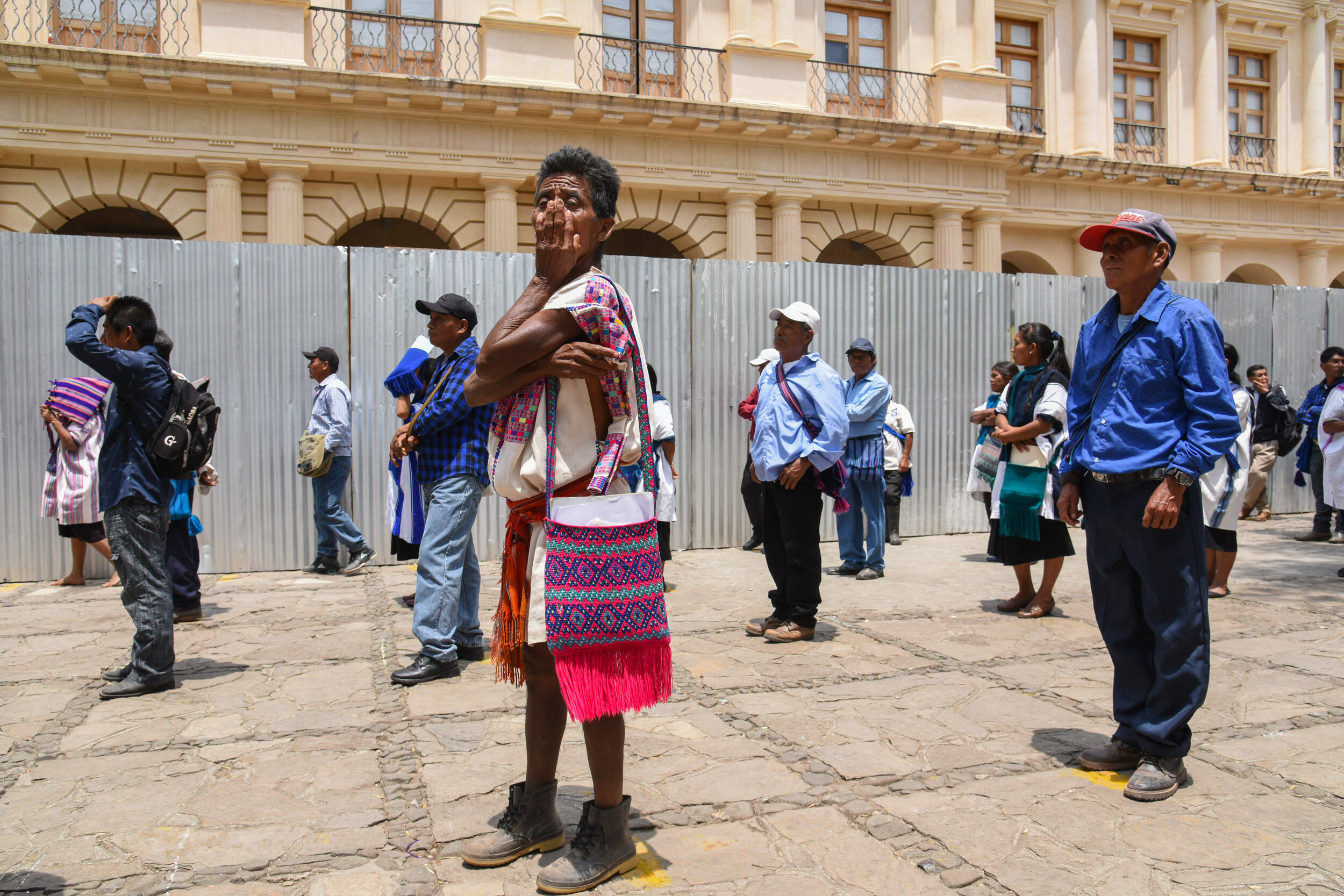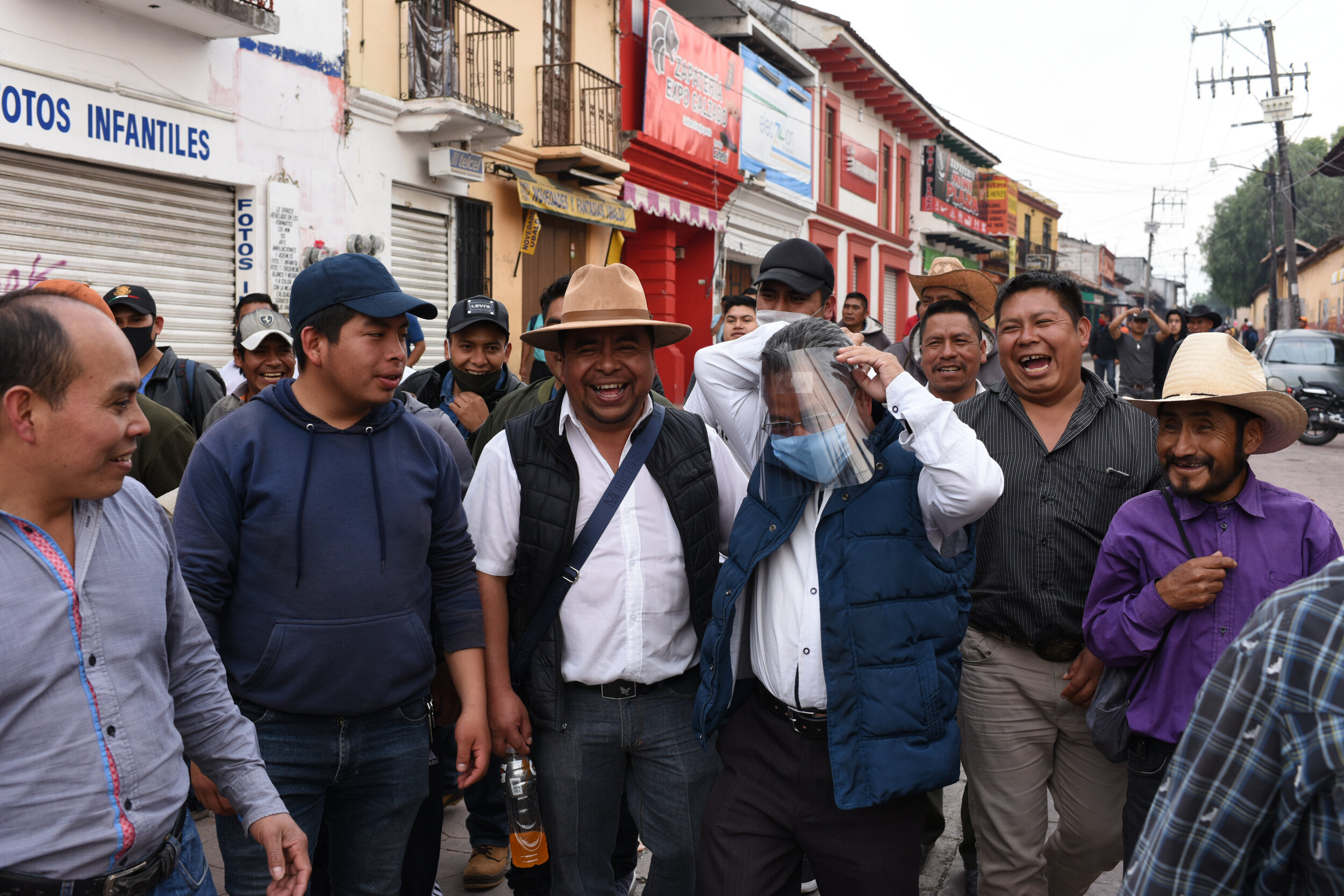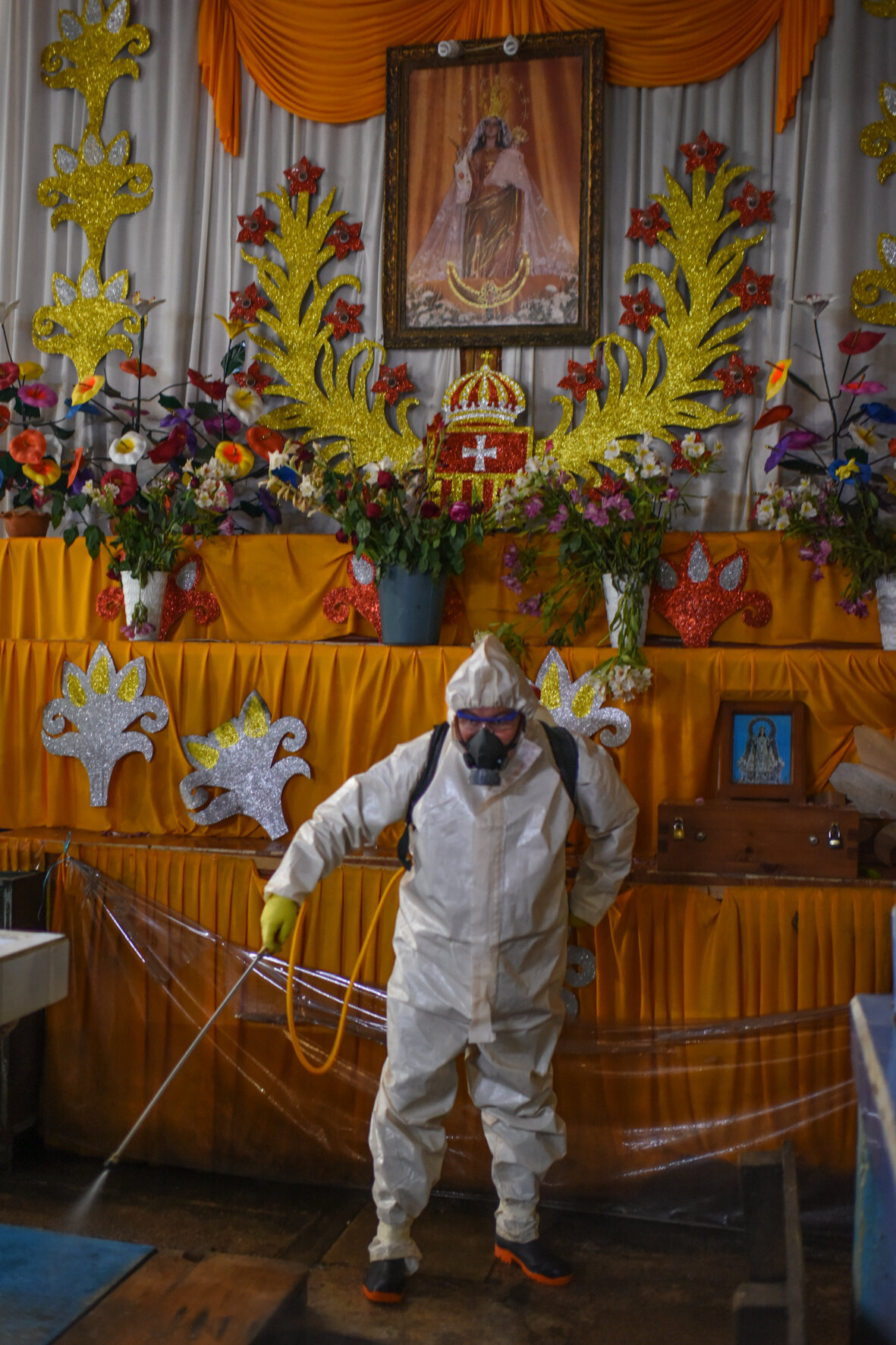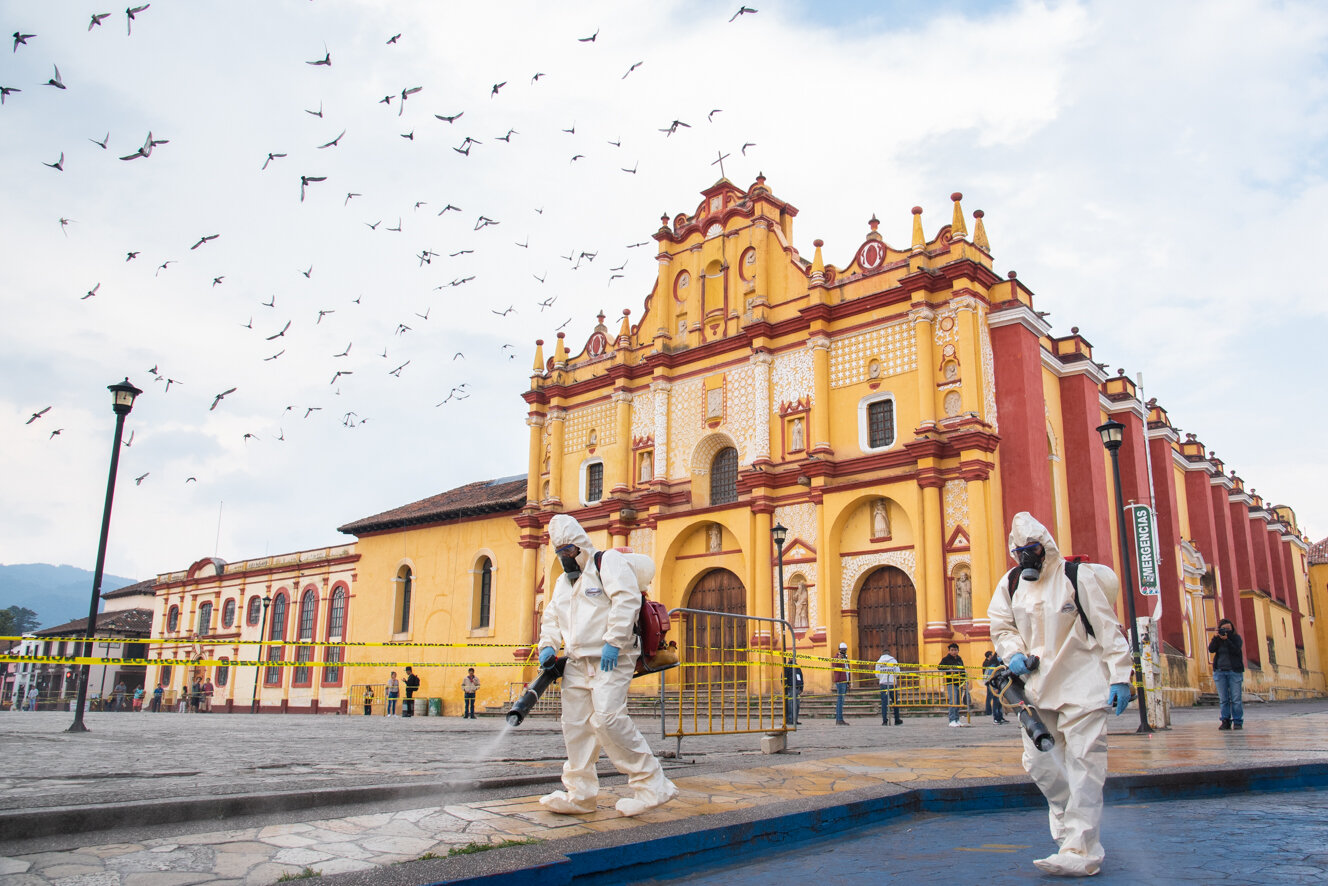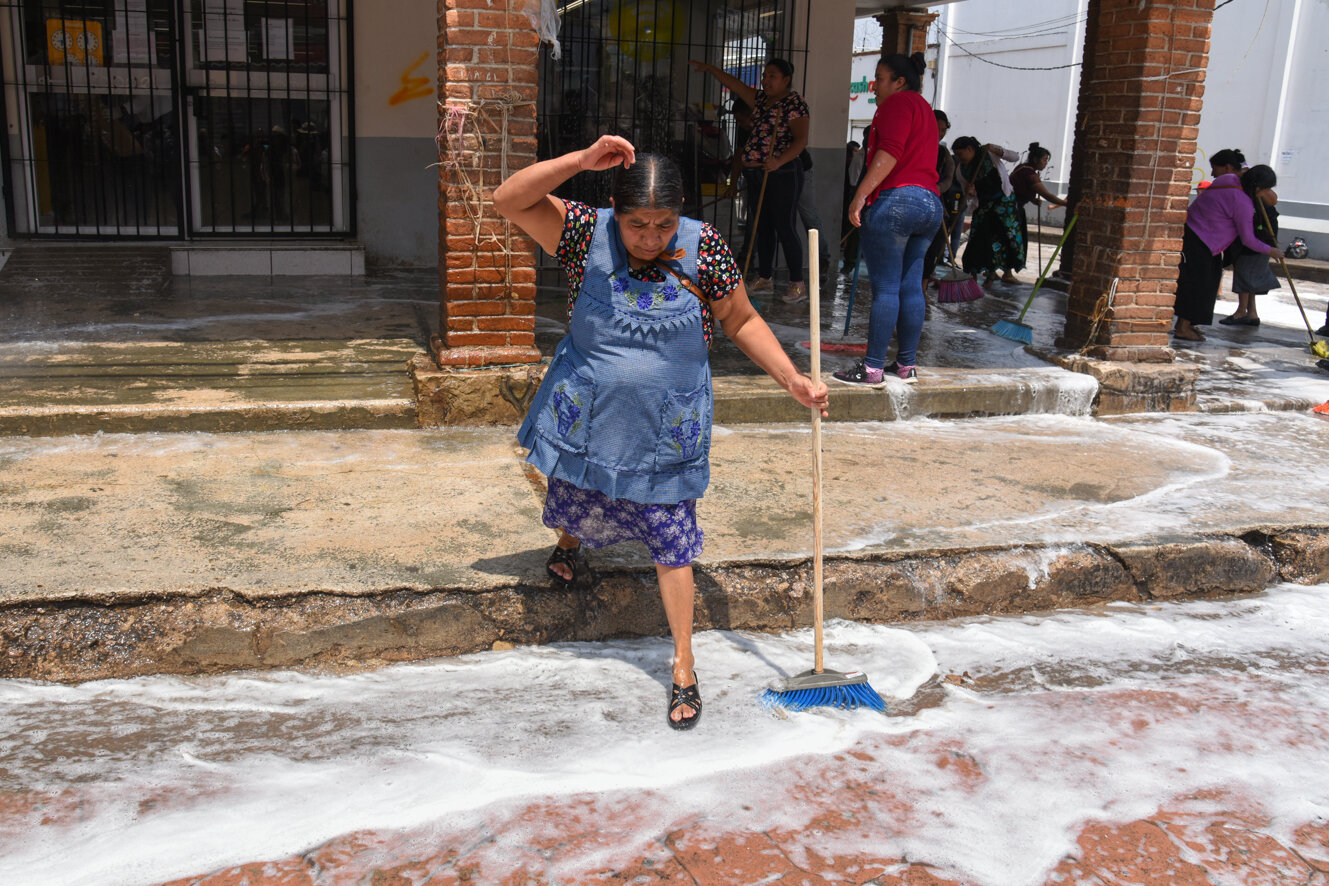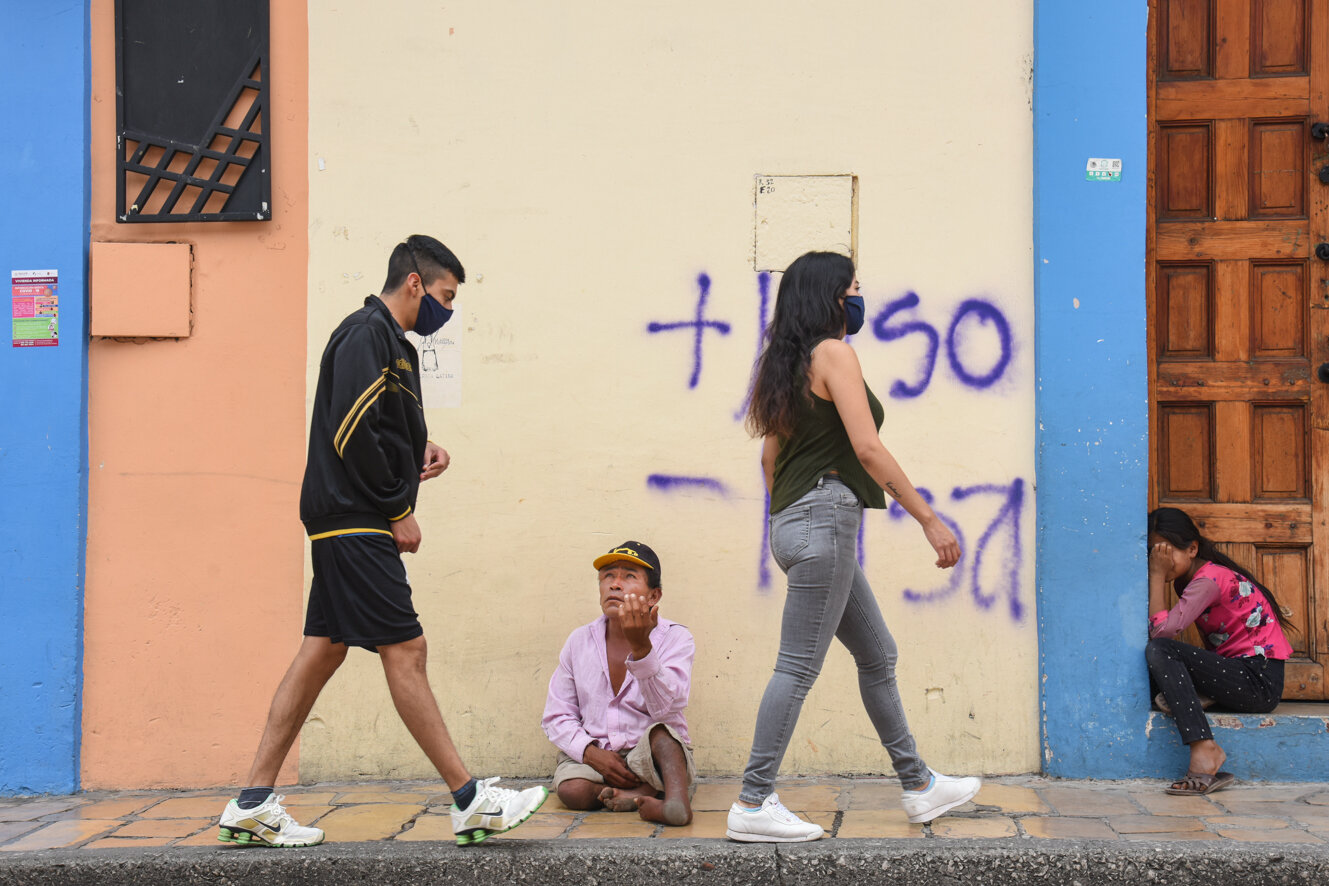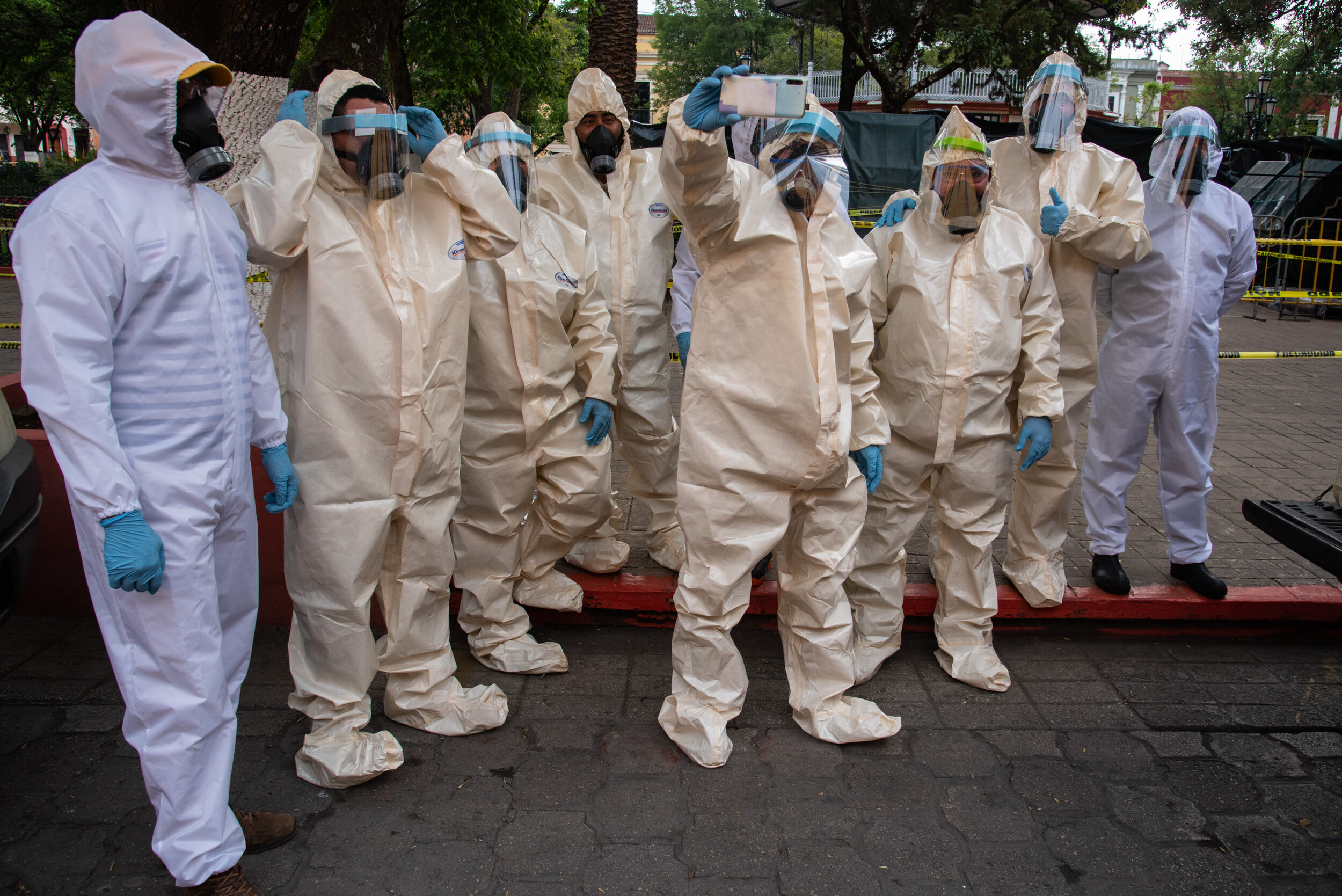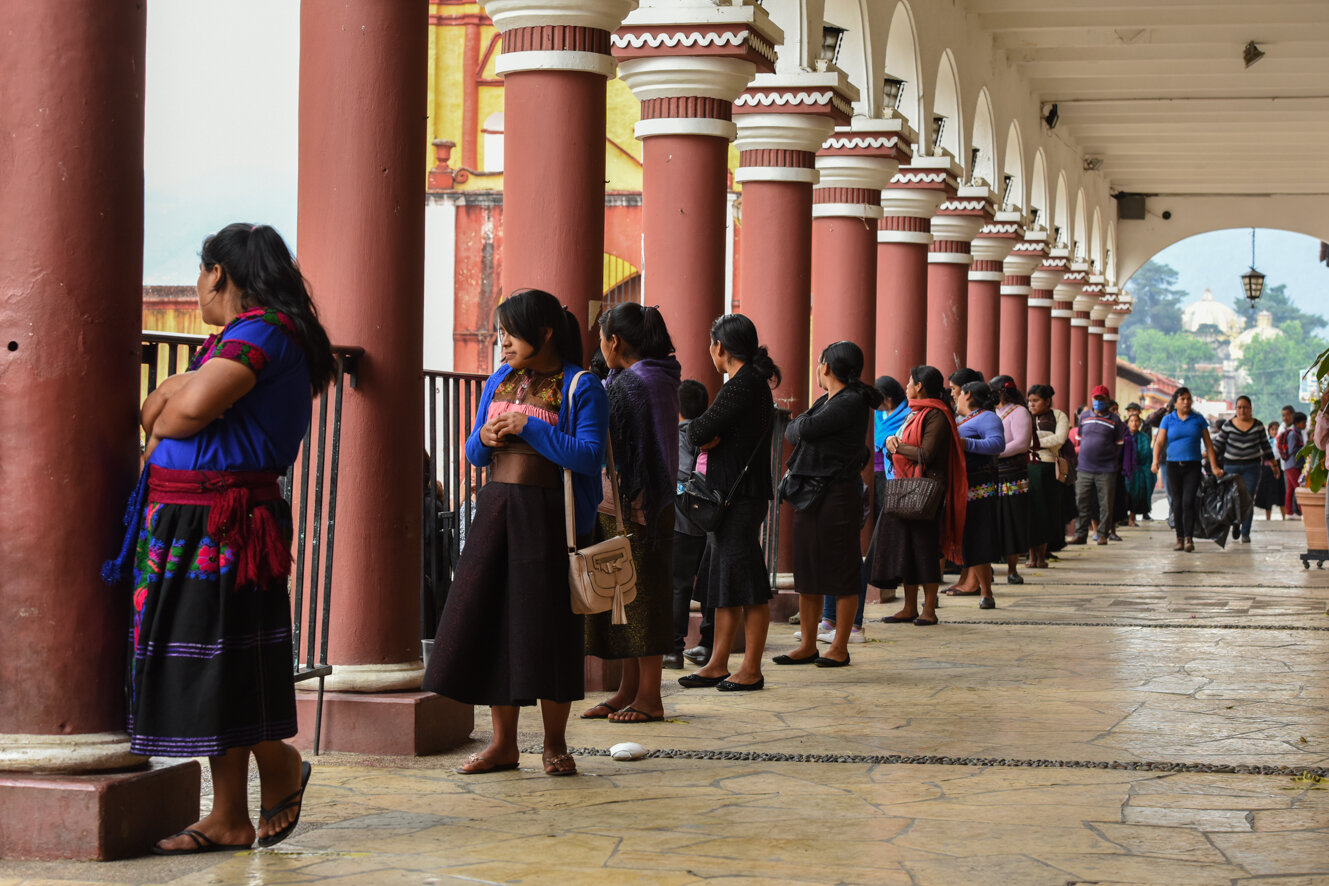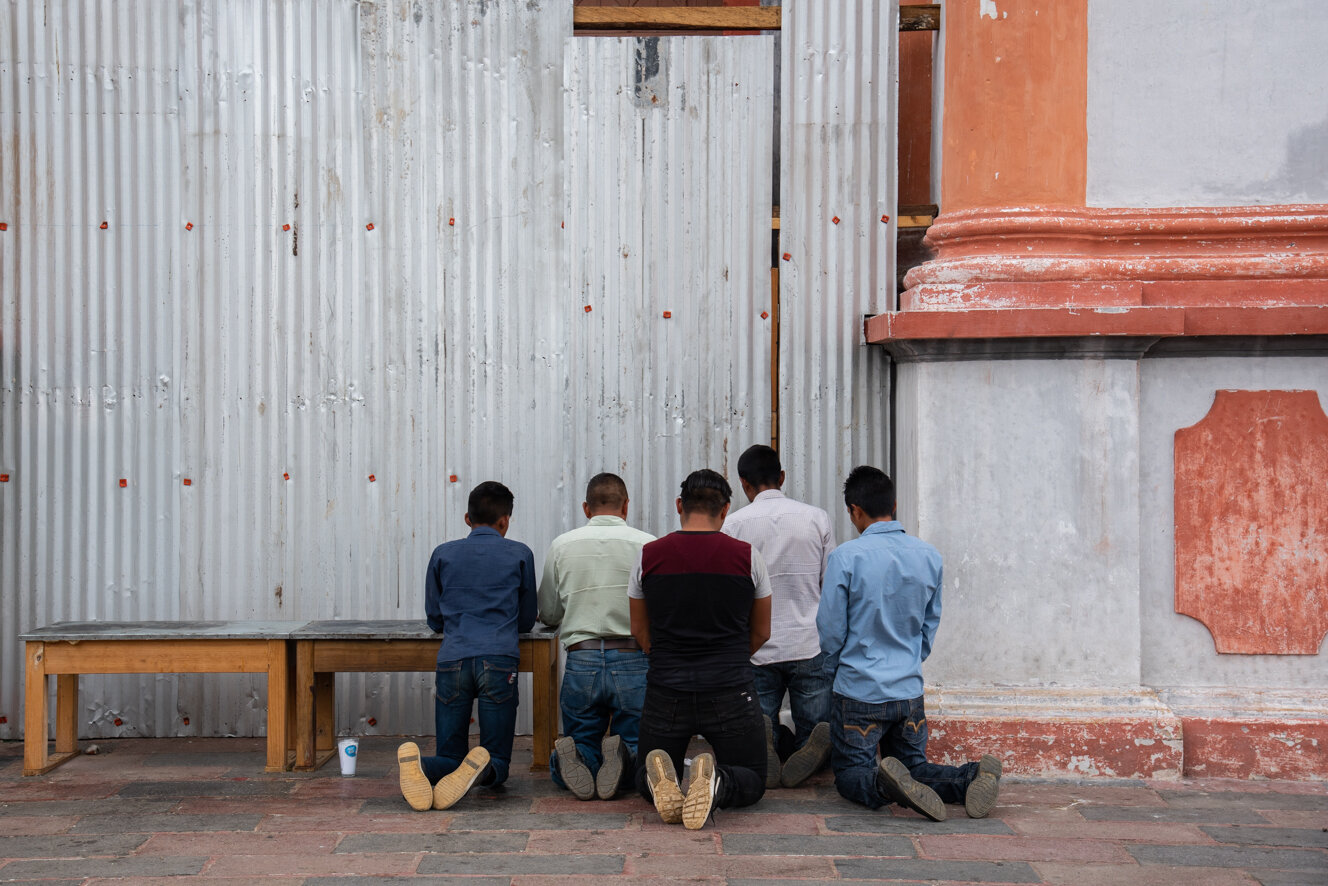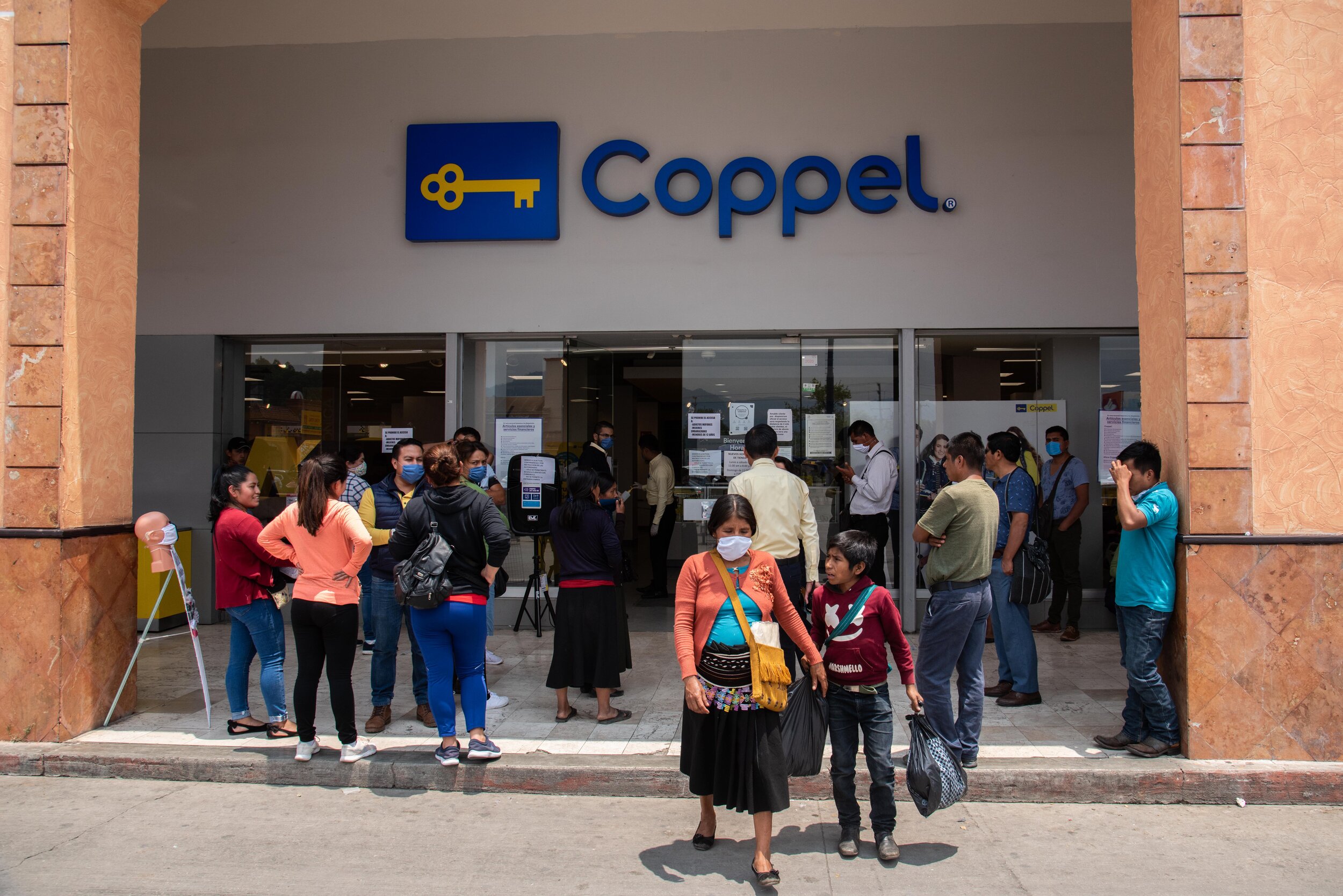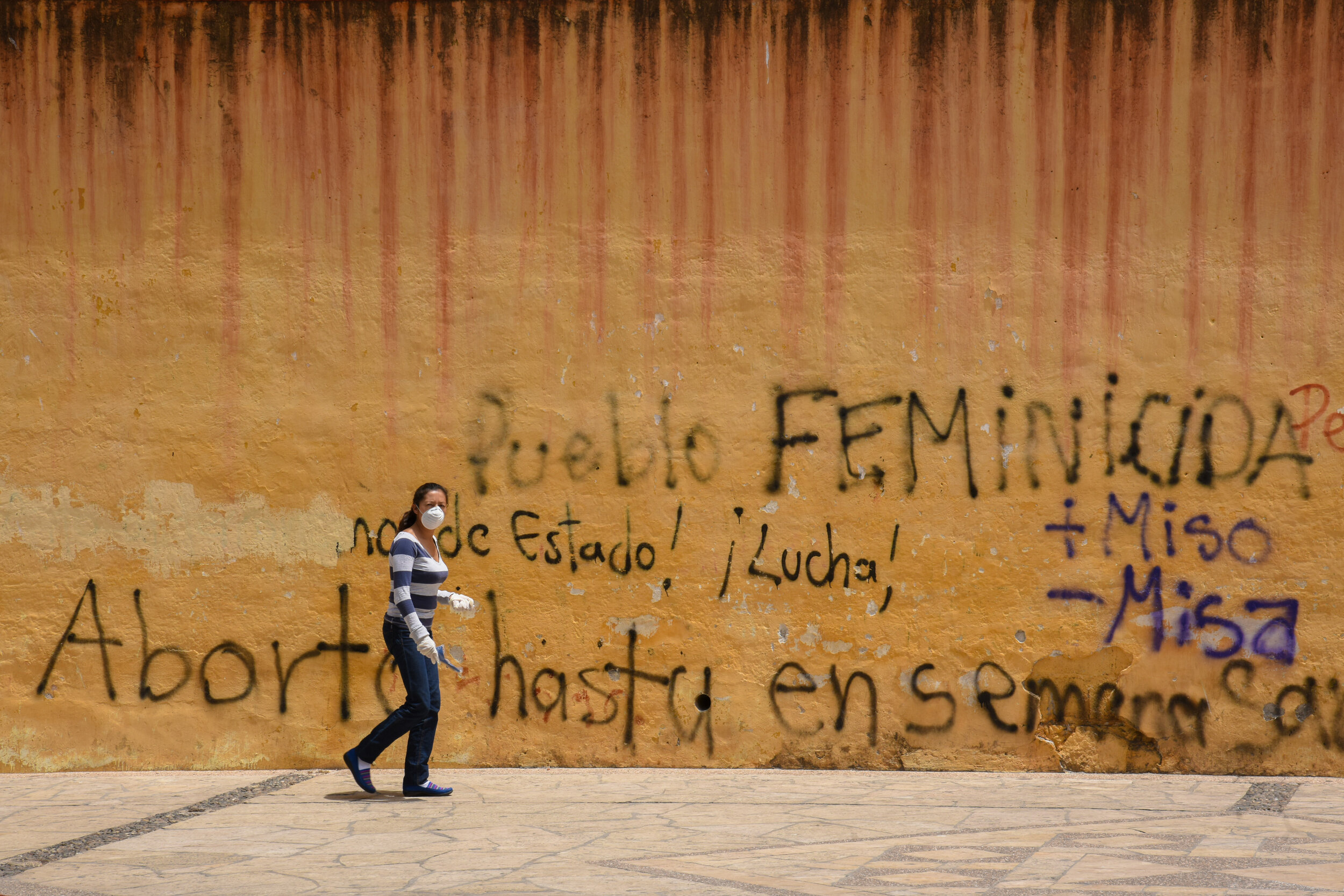COVID-19 in the Garden of Eden
By Isaac Guzmán
COVID-19 has re-exposed the social, economic & political fault lines that have torn the fabric of Mexican society for centuries and nevertheless get persistently overlooked. The influence of capitalism, liberal markets and increased globalization since the Zapatista uprising, have profoundly influenced the ways in which indigenous communities interact with one another and the government, accelerating cultural change change and deepening divides, resulting in social fragmentation that has worsened during the outbreak. By documenting the influence of the pandemic, I will contribute to understanding the challenges and barriers faced by indigenous communities in Chiapas in stopping the spread of COVID-19. Exposing how communities, families and individuals respond to the virus in their discourse and social life, contributes to my portfolio of work on the identity, rights and management of territory of indigenous groups in the highlands.
Indigenous groups in Chiapas face socio-economic marginalization and general food insecurity, affecting their health and well-being and resulting in multiple chronic illnesses. In addition, they are heavily dependent on an informal economy and lack of access to clean water, sanitation, & quality health services. Further exacerbating this situation is a lack of trust in the State government, misinformation spreading on social media and reliance on local leaders for messaging and enforcement of public health protocols without the resources needed for their implementation. In addition, the proposed public health measures do not take into account the traditional practices and ways of thinking in these rural communities.
Through my work, I plan to reveal how long-standing cultural tensions and discourse are being shaped by the pandemic. These include tensions between religious and cultural actors as they are expected to promote the uptake of preventative behaviors that contradict their traditional practices and ceremonies. Reflecting on the discourse and actions of local leaders in confronting the pandemic will reveal greater understanding of indigenous conceptions of health and wellbeing as well as their overall marginalization and lack of access to critical health and sanitation services.


